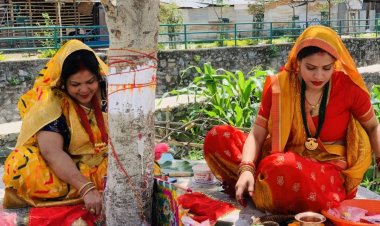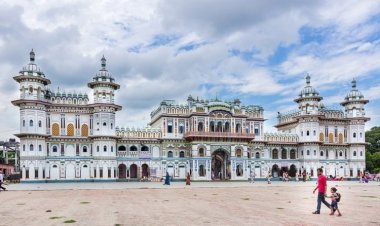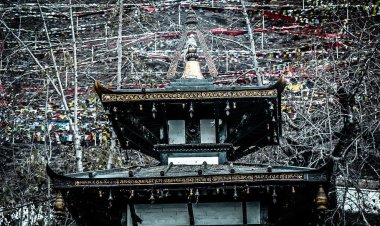History of Nepal “ Gopal Dynasty”
Gopal dynasty the first dynasty to rule Nepal, who belongs to the Nip dynasty and ruled Nepal for 521 Years. The First king of the Gopal clan was Bhumi Gupta.
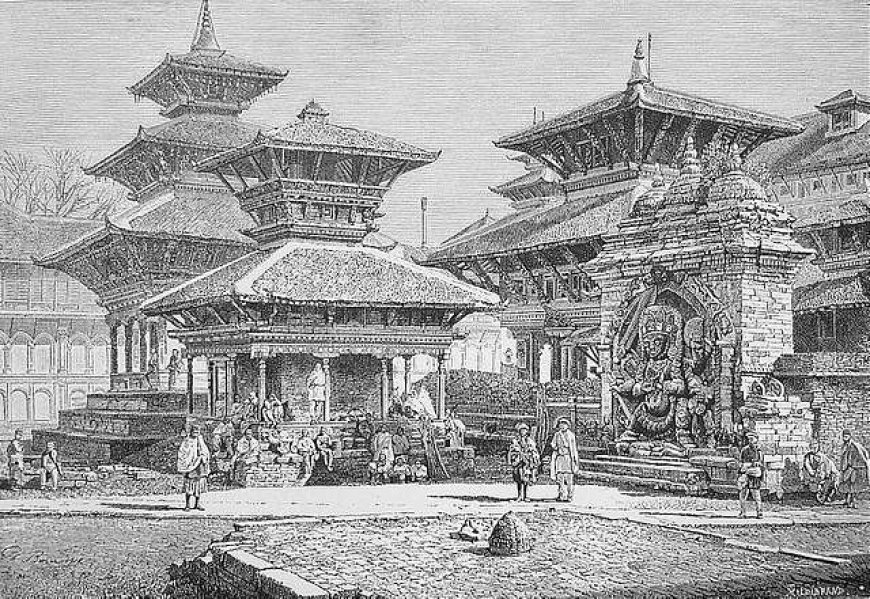
Introduction
The Gopal Dynasty is the first dynasty to rule Nepal. The word cow came from the shepherd. The Gopala belongs to the Nip dynasty. They arrived in Nepal alongside Shree Krishna after they conquered the Danasur and Naga Tribes to establish Nepal after traveling to the country from the Indian Subcontinent. There were eight kings of the Gopala, who ruled Nepal for 521 Years. The First king of the Gopal clan was Bhumi Gupta. The Capital City of the Gopala was located in Mata Tirtha which is 6 KM South West of Kathmandu. They are famous for having Pashupatinath Temple and starting settlements in Kathmandu Valley. The Last King of the Gopala was Jita Gupta who was overthrown by the Abhir Mahispal Dynasty. Historian Dhanabajra Bajracharya states that the timeline of the Gopala is from 1611 B.C.E. to 1411 B.C.E..
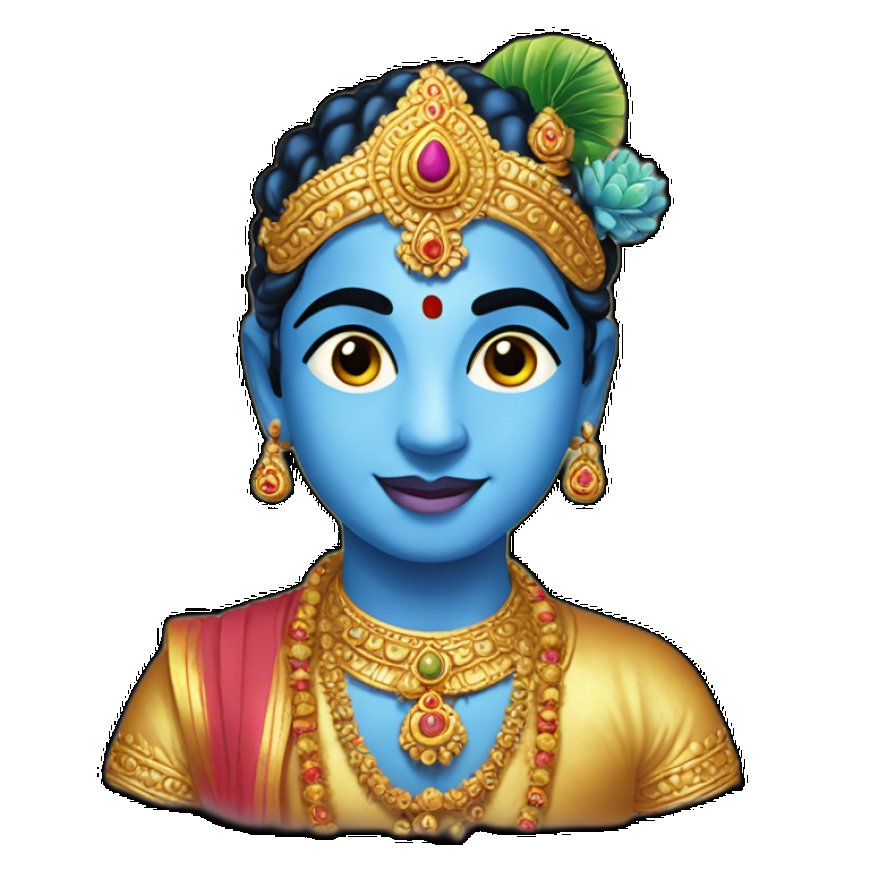
Arrivals of Gopal Dynasty
Before the Gopal Dynasty ruled the Kathmandu Valley, it is said that the valley was a huge lake. According to folk story, Manjushree, a saint from China, arrived and drained the lake by cutting a gorge at Chovar, making the valley habitable. He established a settlement called Manjupattan and appointed Dharmakar as the first ruler of Nepal.
While Gopal moved to the Kathmandu Valley, Lord Krishna left. The Saraswati River in West India was ruled by the Gopal Dynasty. They reached the Kathmandu Valley after migrating across the Gandaki River.
The Gopala dynasty established permanent settlement patterns in the Kathmandu Valley following their victory against the Naga Tribe. They made use of Nepal's natural riches and thick jungles.
Life style of Gopal Dynasty
The Gopal Dynasty, traditionally regarded as the first ruling dynasty of Nepal. Gopal rulers were cowherds and pastoralists, originating from India, and were invited to rule over the fertile Kathmandu Valley. Their lifestyle and governance reflect a simple, agrarian society deeply connected to cattle herding and agriculture.
Features of Gopala dynasty Lifestyle
1. Pastoral society
The Gopals were primarily herders of cows, which were central to their economy and culture. The term 'Gopal' itself translates to cowherd.They relied heavily on dairy products, such as milk, butter, and yogurt, which played a significant role in their diet and trade.
2. Governance
The Gopals reportedly ruled through communal and straightforward systems of governance, focusing on the welfare of their agrarian society.Their governance was likely based on traditional and local practices rather than formalized state institutions.
3. Religion and cultural
The Gopals lived modestly, with homes made from local materials like wood, clay, and thatch. Their attire was simple and functional, suited to their pastoral and agricultural activities.
4. Provision
The Gopal Dynasty is remembered for laying the foundation of early Nepalese civilization. Although their rule is largely legendary, it symbolizes the beginning of organized society in the Kathmandu Valley.
5. Agrarian Practices
The Gopals were also involved in farming, cultivating the fertile land of the Kathmandu Valley.Agriculture and cattle herding were their primary sources of sustenance and income.
Kings of Gopala Dynasty
|
No. |
Kings |
Years |
|
1 |
Bhumi Gupta |
86 Years |
|
2 |
Dharma Gupta |
91 Years |
|
3 |
Bhim Gupta |
34 Years |
|
4 |
Bishnu Gupta |
46 Years |
|
5 |
Jaya Gupta |
73 Years |
|
6 |
Harsha Gupta |
67 Years |
|
7 |
Mani Gupta |
37 Years |
|
8 |
Jita Gupta |
71 Years |
Place where Gopala Dynasty Lived
-
Kirtipur
-
Thankot
-
Balambu
-
Tistung
-
Palung
-
Sakhu
-
Manichud
-
Changu
Naming of Nepal
1. The Gopal Dynasty belongs to the Nip Clan. So, The Land where Nip run their livelihood or Nip and Ala make Nepal.
2. The Kingmaker “Ne” was ordered by Gods to Protect Nepal. So, the Land protected by Ne is known as Nepal.
Concluison
The Gopal Dynasty stands as a foundational chapter in the history of Nepal, marking the transition from mythological stories to historical frameworks. This pastoralist dynasty not only shaped the early socio-economic landscape of the Kathmandu Valley but also laid the groundwork for the cultural and spiritual evolution of the region. Their emphasis on cattle herding and settlement building reflects a way of life deeply connected to nature and sustenance.
Although much of their history remains intertwined with legend and oral tradition, the Gopal Dynasty's legacy persists in Nepalese folklore, religious practices, and cultural identity.
Frequnetly Asked Question (FAQ's)
1. How long did the Gopala Dynasty rule Nepal?
The Gopal Dynasty ruled Nepal for 521 years, from 1611 BCE to 1411 BCE, according to historian Dhanabajra Bajracharya.
2. What was the capital city of the Gopal Dynasty?
The capital city of the Gopal Dynasty was Mata Tirtha, located 6 km southwest of Kathmandu.
3. What places did the Gopala Dynasty inhabit?
They lived in areas such as Kirtipur, Thankot, Balambu, Tistung, Palung, Sakhu, Manichud, and Changu.
4. Which dynasty did Gopal belong to?
Gopal belongs to Pala dynasty
5. What is the origin of Gopala dynasty?
The Lunar dynasty is the origin of Gopala
6. Who ruled after Gopal dynasty?
Mahisapala dynasty
7. How did the Gopal Dynasty rule end?
The last king of the Gopal Dynasty, Jita Gupta, was overthrown by the Abhir Mahispal Dynasty.
What's Your Reaction?

























































































